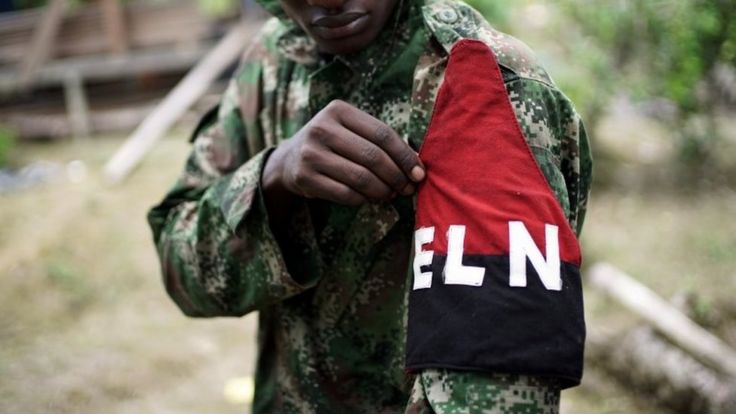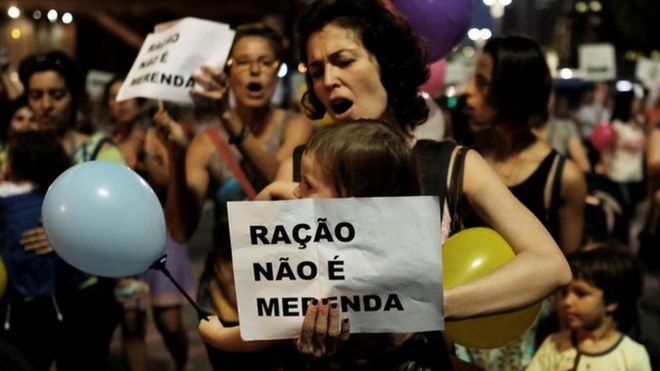Matthew Sneed
Impunity Watch Writer, The Middle East
RIYADH, Saudi Arabia – On October 25, Saudi Arabia became the first nation to grant full citizenship to a robot. The robot, referred to as Sophia, was created by Hanson Robotics in Hong Kong. During the nation’s Future Investment Initiative, a three-day tech conference, she addressed the media, most notably in English and without wearing a hijab.

“Thank you to the Kingdom of Saudi Arabia. I am very honored and proud for this unique distinction,” she said, “it is historic to be the first robot in the world to be recognized with citizenship.” Furthermore, when asked about the concern about the potential dangers of artificial intelligence, Sophia responded by stating, “you’ve been reading too much Elon Musk and watching too many Hollywood movies.”
This decision has generated lots of controversy for several reasons. Many conservative Saudis believe that the human representation in any form including art is sacrilege. However, the primary concerns focus on her rights as compared to women and other citizens living in Saudi Arabia and how quickly she obtained those rights. Sophia does not have a male guardian, does not wear a hijab, and can travel in and out of the country. In addition, she has not demonstrated the ability to read or write in Arabic, a requirement for citizenship.
The country also prohibits foreign workers, which make-up about one-third of the population, from obtaining citizenship. Journalist Murtaza Hussain stated that Sophia received citizenship, “before Kafala workers who have been living in the country their entire lives.”
The decision has also come with more severe consequences. Ali Al-Ahmed, director of the Institute for Gulf Affairs, said, “women (in Saudi Arabia) have since committed suicide because they couldn’t leave the house, and Sophia is running around.”
Apart from Sophia, the country faces other criticism as it continues to push technological advancements in the country. Sophia was on display next to a virtual rollercoaster and a holographic lion. Saudi Arabia stated on the conference that they intended to build a new $500 billion city from scratch, called Neom. The city would be populated with robots.
The government plans to push these new advancements while other areas a lacking support. Currently, only 20% of the city capital has sewage coverage. Al-Ahmed was discouraged by this news and stated, “There is a failure of this government to satisfy basic needs, and they want to spend $500 billion on a new city with robots.”
For more information please see:
Independent – Saudi Arabia Grants Citizenship to a Robot for the First Time Ever – 26, Oct.
Bloomberg – Saudi Arabia gives citizenship to a robot – 26, Oct. 2017
Newsweek – Saudi Arabia gives rights to a Non-Muslim, English speaking robot – 26, Oct. 2017
BBC – Does Saudi robot citizen have more rights than women? – 26, Oct. 2017


